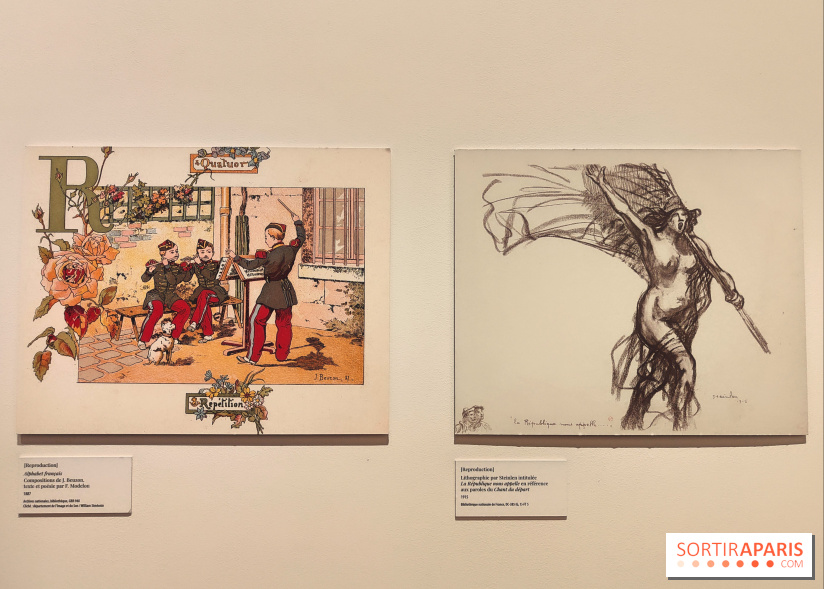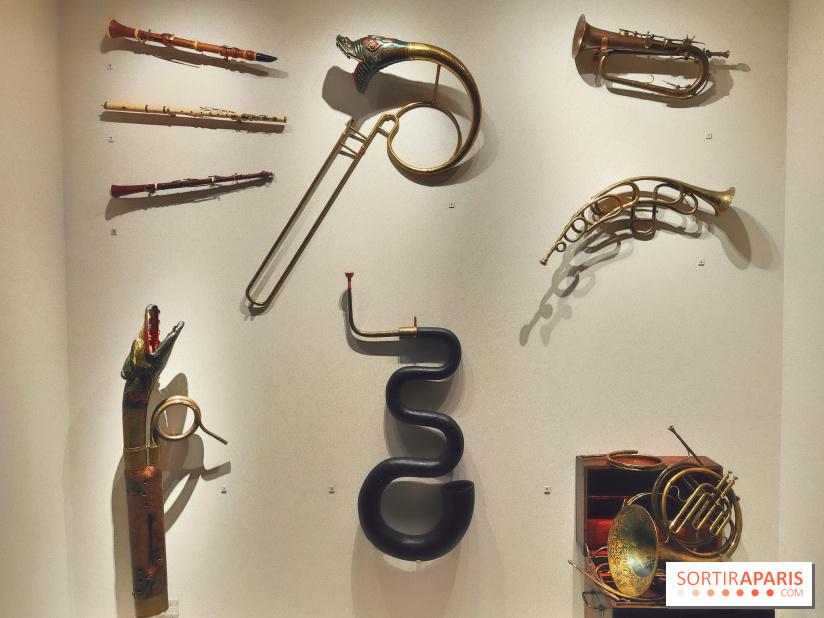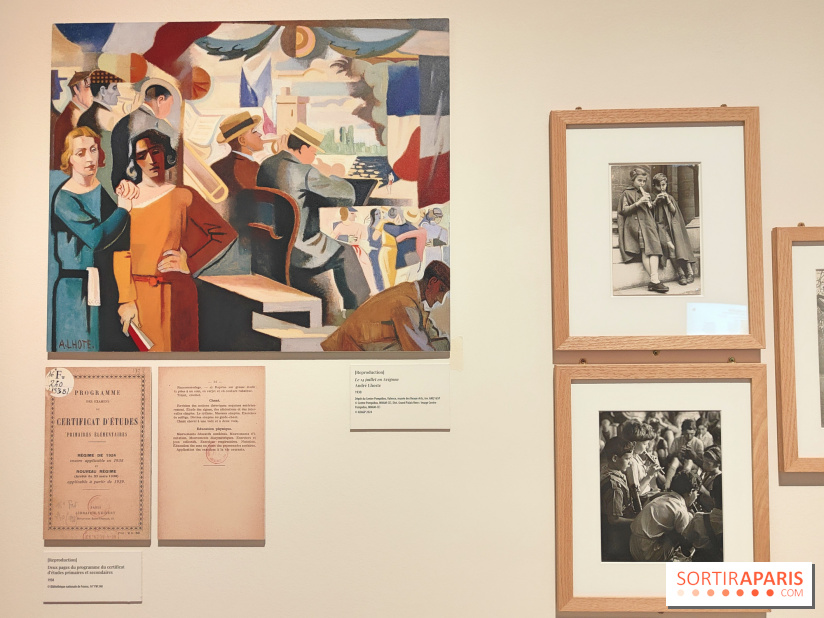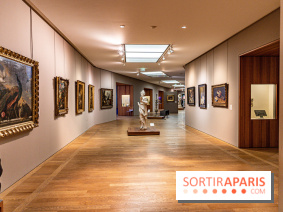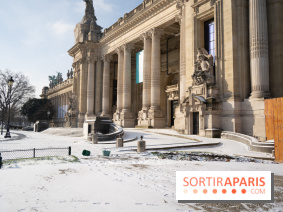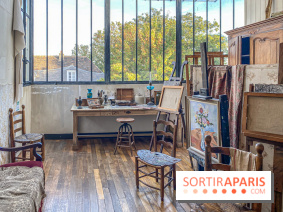Can music transform societies? The National Archives in Paris explore the connection between music and the Republic, in a free exhibition presented from March 26 to July 14, 2025. Hymns, chants, military or revolutionary marches, songs against power: music can become a rallying and protest tool.
With scores, documents, instruments and drawings from the period, this exhibition reveals the importance of music in shaping a new culture. Songs created during the French Revolution contributed to the formation of a new form of patriotism, while new tunings and uses of musical instruments mark a clear sonic separation from earlier times.
This music has stood the test of time and grown in popularity, as has the Marseillaise, now France's national anthem. The Marseillaise resounds throughout the exhibition, in various forms, interpreted by different artists and musicians.
With this exhibition, the National Archives show how art can become political: under the ancien régime, musical formations, styles and tunings were controlled by political and religious power. The French Revolution sought to regain control of this art form and make it accessible to the public, notably by creating the Conservatoire national de musique... Its task was to train new musicians to sing the praises of the Republic.
Over the centuries, practices and battles have evolved. Nevertheless, music retained a political aspect: the national anthem, chosen in 1879, was intended to unite the nation around a common narrative. In times of war, popular songs and military music are intended to keep soldiers and the population in high spirits. Songs created stories and moralistic narratives that spread rapidly. Rhymes, rhythms and songs make it easy to memorize and spread this message-laden music.
The exhibition covers a wide period of time, from 1789 to 1936, and the arrival of the Front Populaire in power in France. Here too, music remained at the heart of the debate: the new government wanted to democratize culture and make art and artistic practice accessible to all. A major political and cultural program was put in place to - once again - bring music to the people.
This exhibition approaches history from an original angle: music becomes a unifying tool, an essential instrument of the republic and of social cohesion. We particularly appreciate the many listening points, which allow us to hear the songs and instruments evoked in the exhibition. The last room invites us to sit back and enjoy the recordings, for a sound journey through the centuries. However, it is advisable to come during off-peak hours: the noise of the crowds could alter the visiting experience.
History and music fans, don't miss this free exhibition in Paris!
This test was conducted as part of a professional invitation. If your experience differs from ours, please mention it in the comments.
Dates and Opening Time
From March 26, 2025 to July 14, 2025
Location
Archives Nationales - Paris site
60 Rue des Francs Bourgeois
75003 Paris 3
Prices
Free
Official website
www.archives-nationales.culture.gouv.fr
More information
Monday to Friday, 10 a.m. to 5:30 p.m. Saturday and Sunday, 2 p.m. to 7 p.m. Closed on Tuesdays and May 1st.
| 29/3 | 30/3 | 31/3 | 1/4 | 2/4 | 3/4 | 4/4 | 5/4 | |
|---|---|---|---|---|---|---|---|---|
| 10h | ||||||||
| 11h | ||||||||
| 12h | ||||||||
| 13h | ||||||||
| 14h | ||||||||
| 15h | ||||||||
| 16h | ||||||||
| 17h | ||||||||
| 18h | ||||||||
| 19h | ||||||||
| Fermé Affluence faible Affluence moyenne Affluence forte | ||||||||
